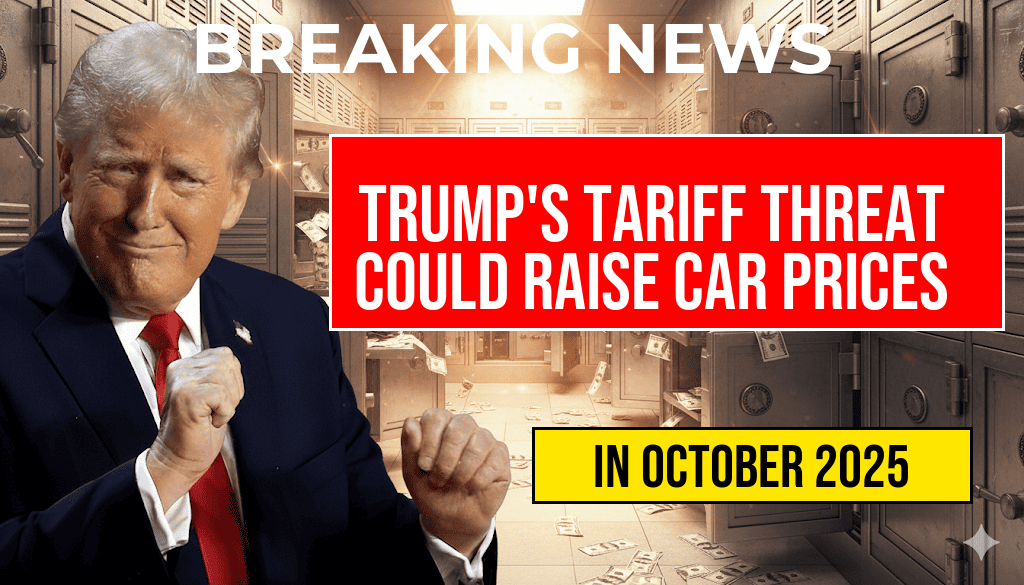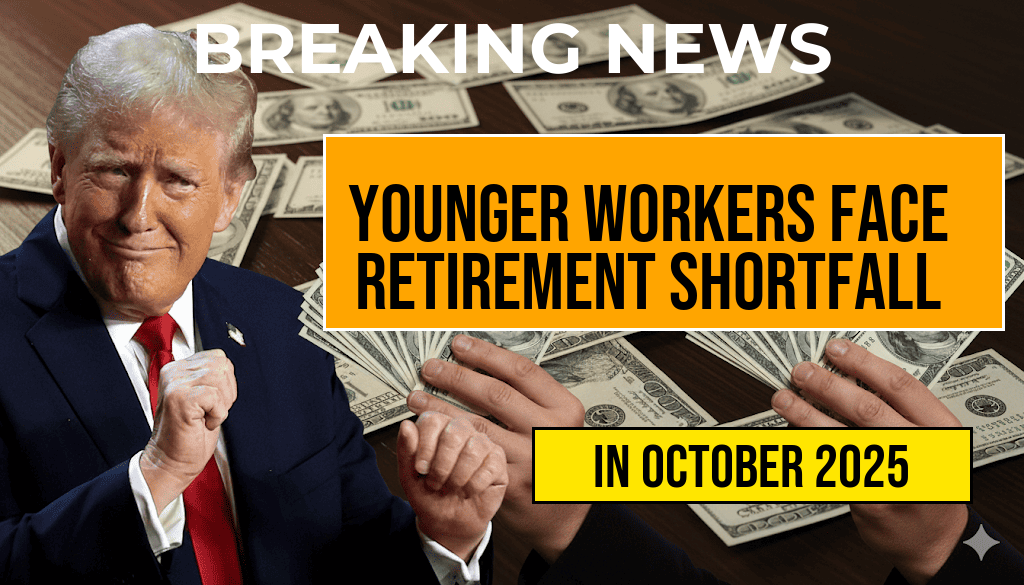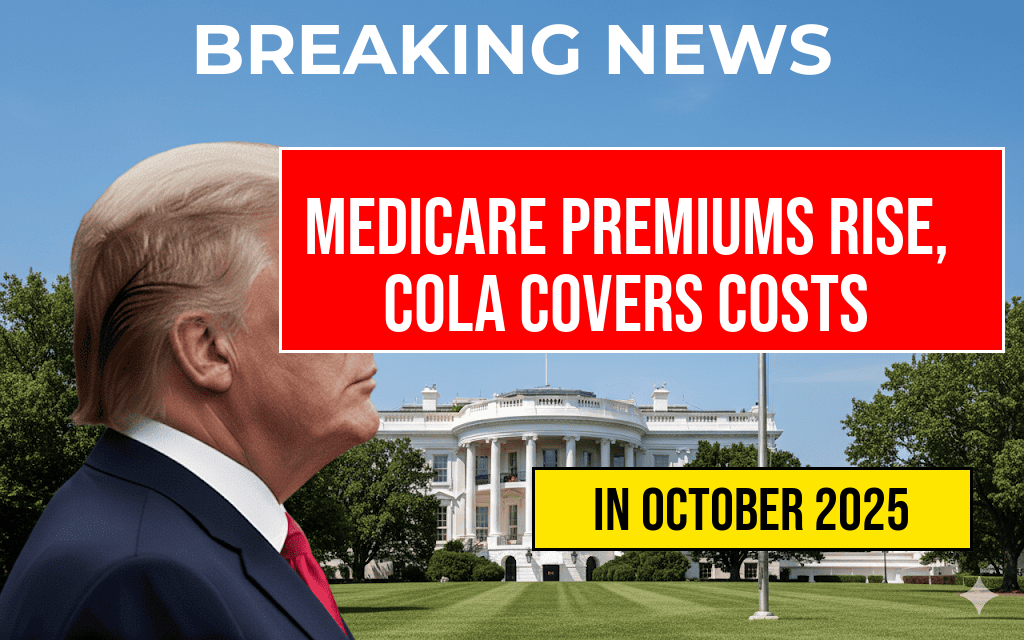Automakers and consumers are bracing for potential increases in vehicle prices following recent signals from former President Donald Trump regarding tariffs on imported automotive components. Trump’s recent comments suggest a renewed push for tariffs that could significantly raise costs for automakers, with projections indicating the average vehicle price could increase by as much as $5,286. This move threatens to reshape the automotive market landscape, impacting everything from manufacturing costs to consumer budgets, amidst a backdrop of ongoing supply chain challenges.
Trump’s Tariff Proposal and Its Potential Impact on Vehicle Costs
During a recent rally, Trump emphasized the need to strengthen American manufacturing by imposing higher tariffs on imported car parts. According to industry analysts, these proposed tariffs could elevate the cost of automotive imports, which comprise a significant portion of the vehicle supply chain. The resultant increase in production costs is expected to be passed along to consumers, leading to a notable rise in retail prices.
Experts estimate that the typical new vehicle could see a price hike of up to $5,286, with some models potentially experiencing even higher increases depending on their reliance on imported components. The projected rise stems from a combination of increased tariffs on steel, aluminum, and other key materials, as well as tariffs specifically targeting parts imported from countries like China and Mexico.
Market Response and Industry Concerns
Automakers’ Position
Major automakers have expressed cautious concern over the potential tariffs, warning that increased costs could lead to reduced profit margins and decreased consumer demand. A spokesperson from Ford stated, “While we support policies that protect American jobs, sudden tariff hikes can disrupt supply chains and limit affordability for our customers.” Similarly, General Motors echoed concerns about the unpredictability of tariffs and their capacity to slow down production schedules.
Financial Implications for Consumers
| Vehicle Type | Current Average Price | Estimated Price Increase | Projected New Price |
|---|---|---|---|
| Compact Car | $23,000 | $1,200 | $24,200 |
| SUV | $37,500 | $2,500 | $40,000 |
| Pickup Truck | $45,000 | $3,000 | $48,000 |
For consumers, these increases could make new vehicles less accessible, especially for lower- and middle-income buyers. With the average new car price rising by over $5,000, affordability concerns are expected to grow, potentially dampening demand in a market already affected by rising interest rates and inflation.
Broader Economic and Political Context
Trade Policy and Domestic Manufacturing
The potential tariffs align with Trump’s longstanding emphasis on reshoring manufacturing and protecting American industries from foreign competition. Historically, tariffs have been a tool to incentivize domestic production, but economic analysts warn that they can also trigger retaliatory measures, leading to trade tensions and increased costs across multiple sectors.
Trade experts note that similar tariffs in the past, such as those implemented during the 2018-2019 trade war, contributed to supply chain disruptions and inflated costs for automakers. According to Wikipedia’s overview of trade wars, such tariffs often produce complex ripple effects across global markets.
Potential Policy Outcomes
While Trump’s comments signal a strong stance on tariffs, the actual implementation depends on ongoing negotiations and legislative processes. If enacted, these tariffs could reshape import-export dynamics and prompt automakers to accelerate investments in domestic manufacturing facilities. However, critics argue that such measures may lead to unintended consequences, including higher consumer prices and reduced market competitiveness.
Industry Outlook and Consumer Advice
Industry analysts recommend that consumers considering new vehicle purchases stay attentive to policy developments. Car buyers may want to explore options such as certified pre-owned vehicles or consider models with a higher proportion of domestically sourced parts to mitigate potential cost increases.
Automakers are also exploring strategies to offset tariff impacts, including diversifying supply chains and investing in North American manufacturing hubs. Nonetheless, the prospect of higher vehicle prices underscores the importance of timely purchasing decisions and careful financial planning for prospective buyers.
Further Reading and Resources
- Forbes: What Tariffs Could Mean for Your Car Price
- Wikipedia: Trade War
- EPA: Automotive Industry and International Trade
Frequently Asked Questions
What is the main concern regarding Trump’s tariff threat on new cars?
The main concern is that Trump’s tariff threat could lead to an increase in vehicle prices by up to $5,286, making new cars less affordable for consumers.
How could tariffs impact the overall cost of purchasing a new vehicle?
Tariffs may increase the cost of importing automotive parts and vehicles, which can be passed on to buyers, resulting in higher vehicle prices and potentially affecting sales and market affordability.
Which vehicles are most affected by potential tariffs?
The imported vehicles and auto parts from countries affected by the tariffs are likely to see the most price increases, especially foreign-made cars and components used in manufacturing.
What are the possible implications for consumers if vehicle prices rise?
Higher vehicle prices could lead to reduced sales, decreased consumer choice, and potentially slower market growth in the automotive sector.
Is there any way consumers can mitigate the impact of these potential price increases?
Consumers may consider early purchases before tariffs take effect, explore domestically produced vehicle options, or look for discounts and incentives offered by dealerships to offset potential cost increases.






